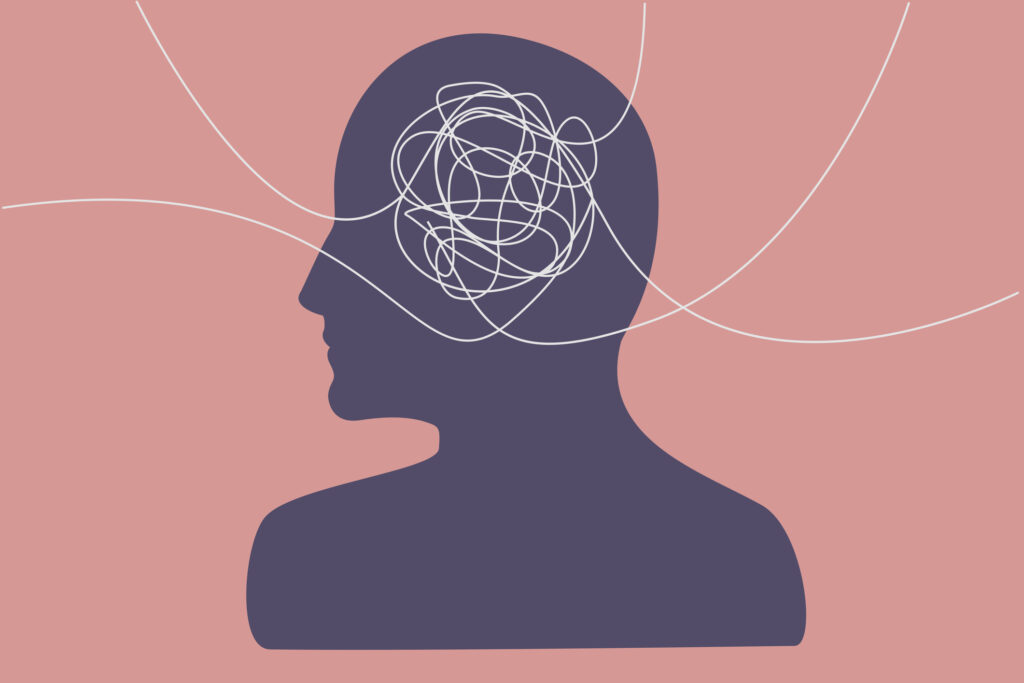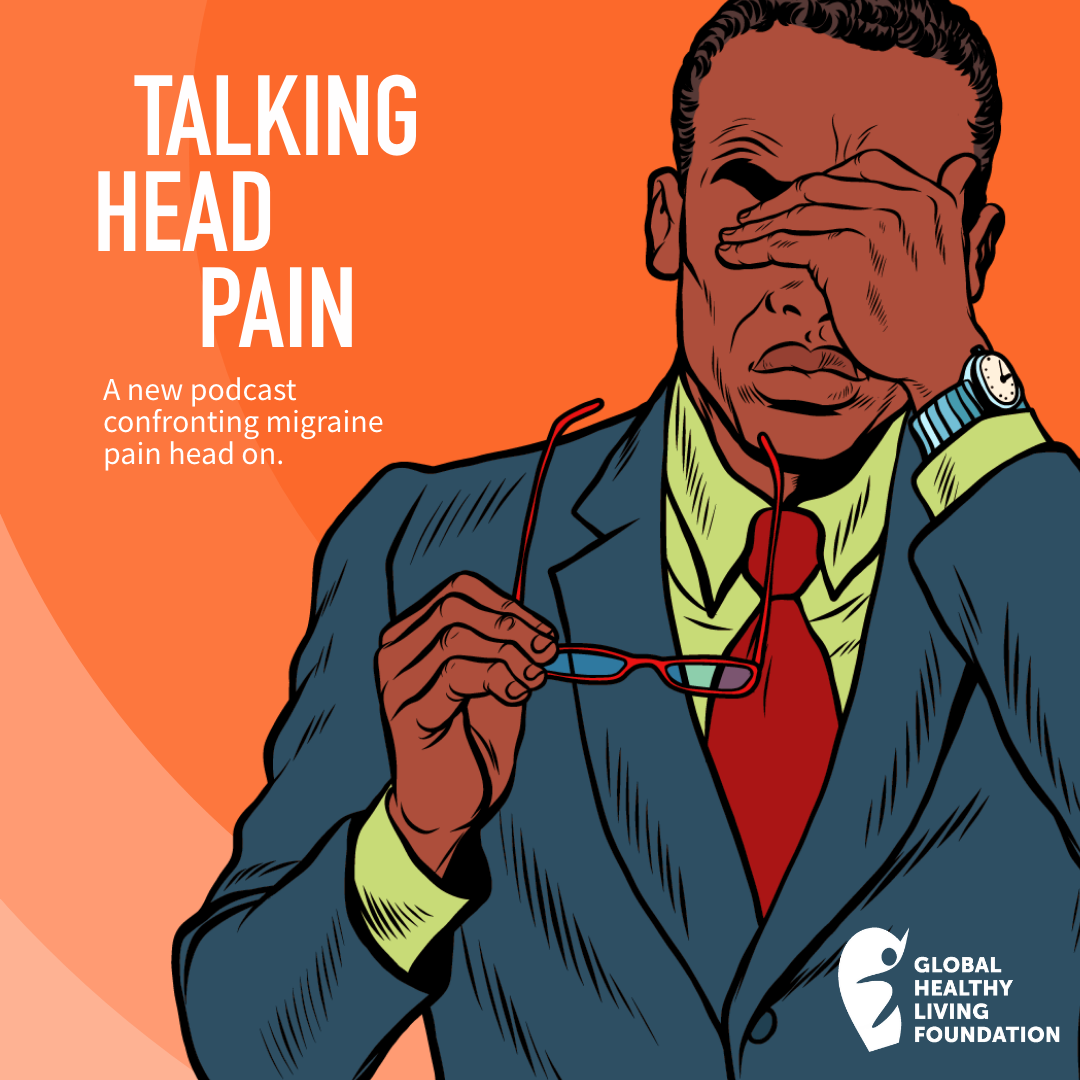The pain that accompanies rheumatoid arthritis (RA) can be overwhelming and life-changing. Learning how to cope with pain, whether intermittent or chronic, is an essential part of creating a good life with RA.
It is important to build a team of people who support you in your treatment journey, including friends, family members, and of course, your doctors. But since pain is invisible and can’t be measured, there are a number of barriers to others understanding how you feel. One such barrier is the concept of catastrophizing, a concept that is frequently studied and discussed in rheumatology research. And it’s a concept that I believe makes it next to impossible for rheumatologists and researchers to understand those of us who live with this chronic condition.
What Is Catastrophizing?
The term catastrophizing, also described as pain catastrophizing, is defined as “a tendency to report pain experience in exaggerated terms, to ruminate about it more, or to feel helpless about it.” In other words, it’s a concept that describes someone having a hard time dealing with being pain. It’s the very opposite of coping and resilience.
Right there in the definition itself, we run into problems. Let’s take them one at a time.
Who decides what is an “exaggerated” report of pain? Without objective tests, we are forced to rely on subjective measurements, specifically the 10-point pain scale. We like to believe that numbers are at least somewhat scientific, but in this case, it isn’t.
One, people have different tolerance of and reactions to pain, meaning my 5 on the scale may not be yours. Secondly, unless each number on the scale is accompanied by a description of the associated effect on your life, you and your doctor very likely have different interpretations of what each number means. And that creates room for your doctor to decide that your number exaggerates how much pain you actually have.
Ruminating happens when you “focus repetitively on feelings related to distress.” To me, this seems like a definition invented by someone who has never been in pain. The pain that accompanies RA inflammation is overwhelming. When your joints swell, fluid builds up in and around joints in spaces that are not designed for this. When your knees swell to the size of a football and the fluid moves into those spaces, it feels as if the joint is being pried apart with a crowbar. That’s distressing and it makes it very difficult to focus on anything else.
Lastly, catastrophizing includes the feeling of helplessness and I’m going to cut straight to the point. RA is an unpredictable autoimmune disease that can sideswipe your life from one moment to the next. When something else is in control of how you feel and whether you’re able to live your life, feeling helpless is a natural response.
Taken together, the factors involved in the concept of catastrophizing do not reflect an understanding of the changes that happen in the lives of people with RA and layers this with an unfortunate undertone of judgement toward rheumatology patients for not coping. We live in a culture that likes to see perfect health as the norm, rather than the privilege it is. This means none of us are taught how to cope with difficult things, such as illness, pain, and grief.
When receiving a diagnosis of RA, we usually receive a prescription for medication and a follow-up appointment three months later, but rarely referrals to physiotherapy, occupational therapy, or a mental health professional. When left in the deep end of an overwhelming and life-changing illness without a life preserver of tools to manage, catastrophizing (i.e., poor coping), appears to be the only possible response.
I’ve been there myself, going in and out of that the deep end of the autoimmune arthritis pool and mostly, being left to sink or swim on my own. Until one of my past specialists referred me to a pain management program. Participants were assessed before and after the class and over the course of that 12-week program, I changed from being a poorly coping pain patient to someone who had excellent coping skills. It was an amazing experience. That program taught me that pain doesn’t have to be scary (most of the time) and gave me the tools to manage both the pain and my life with pain — rather than being paralyzed by it.
The fact that learning these skills took a 12-week program led by two licensed psychologists will tell you a little about how difficult it is to figure out how to cope on your own. That I have since gone in and out of that pool, and at times almost drowned (metaphorically speaking), also shows that no matter how strong your coping skills are, sometimes RA has the power of a tsunami, obliterating all in its wake.
And that’s why we need a new script.
Switching the Script in Rheumatology
When you have RA, your whole life has RA — this condition affects everything you do and managing requires is a multi-pronged approach. In recent years, many rheumatologists are moving toward recommending lifestyle changes (diet, exercise) in addition to prescription medications as part of a more comprehensive treatment plan. It’s a start. But it’s essential that the field also recognize the emotional and mental health impacts of a serious chronic illness diagnosis. The focus needs to change from deciding patients catastrophize to taking responsibility for helping them develop effective coping tools.
There is no doubt in my mind that poor coping skills are a significant barrier to creating a better life with RA. The extensive research on catastrophizing shows that it can impair your ability to distract yourself during periods of higher pain, increase depression, and even possibly reduce the likelihood of RA remission. Clearly, learning how to cope with RA and the pain it can cause could be a major contributor to the overall success of treatment.
The goal of RA treatment is to improve the person’s quality of life, as well as show objective improvements in health. Given the possible connection to remission, it can be argued that offering the opportunity to learn effective coping skills is an important part of rheumatology practice. We need more pain management specialists and pain management classes, such as the one I took. And we need more interdisciplinary collaborations between rheumatology and other health professionals who can offer the support people with RA need.
System changes move slow and so it is with health care, but that doesn’t mean you have to wait. Talk to your rheumatologist and family doctor about referrals to the kind of health professionals who can help you learn to cope. That includes physiotherapy, occupational therapy, mental health services, and pain management programs. Simply making the decision to find people who can help you learn to cope is an incredibly empowering action. It means that you are taking the first step on a journey to learn the resilience and coping tools that will help you create a better life with RA.
Stay in Touch with CreakyJoints Canada
Part of the nonprofit Global Healthy Living Foundation, CreakyJoints is a digital community for millions of arthritis patients and caregivers worldwide who seek education, support, advocacy, and patient-centered research. All of our programming and services are always provided free of charge. As we grow CreakyJoints Canada we want to hear from you. Please join our email list to stay connected, learn about new content and initiatives, and send us suggestions and ideas.
Sources:
Ellingson L, et al. “Catastrophizing Interferes with Cognitive Modulation of Pain in Women with Fibromyalgia.” Pain Medicine. December 1, 2018. doi: https://doi.org/10.1093/pm/pny008.
Kokonyei G, et al. “Anticipation and Violated Expectation of Pain Are Influenced by Trait Rumination: An FMRI Study.” Cognitive, Affective, & Behavioral Neuroscience. February 2019. doi: https://doi.org/10.3758/s13415-018-0644-y.
Traverson C, et al. “POS0566 CATASTROPHIZING IN PATIENTS WITH RHEUMATOID ARTHRITIS.” Annals of the Rheumatic Diseases. June 1, 2021. doi: https://doi.org/10.1136/annrheumdis-2021-eular.3144.
Wilk M, et al. “OP0089 DO PAIN CATASTROPHIZING REDUCE THE LIKELIHOOD OF REMISSION IN PATIENTS WITH CHRONIC INFLAMMATORY JOINT DISORDERS?” Annals of the Rheumatic Diseases. June 1, 2021. doi: https://doi.org/10.1136/annrheumdis-2021-eular.3715.






